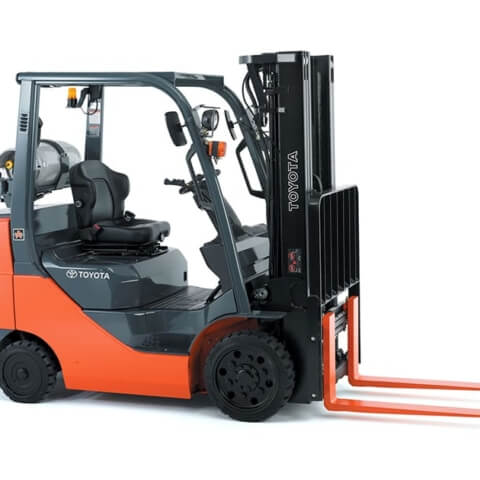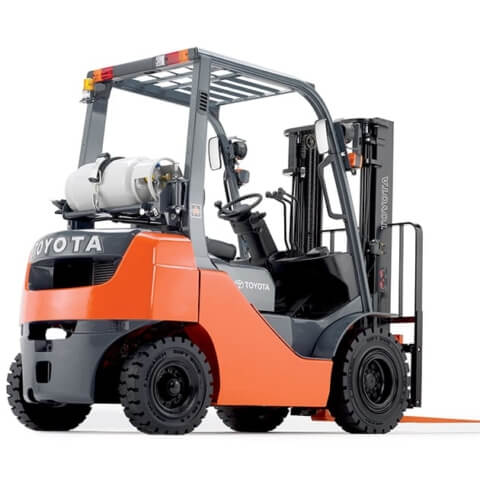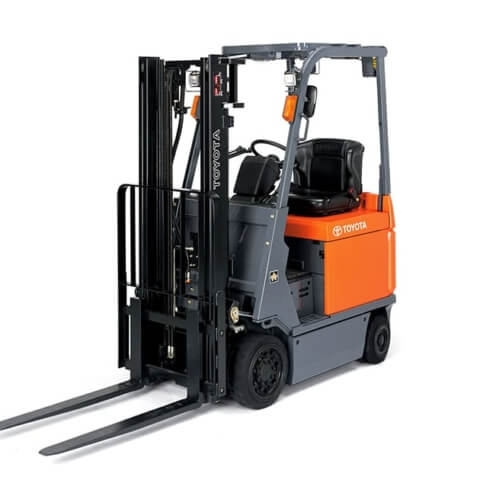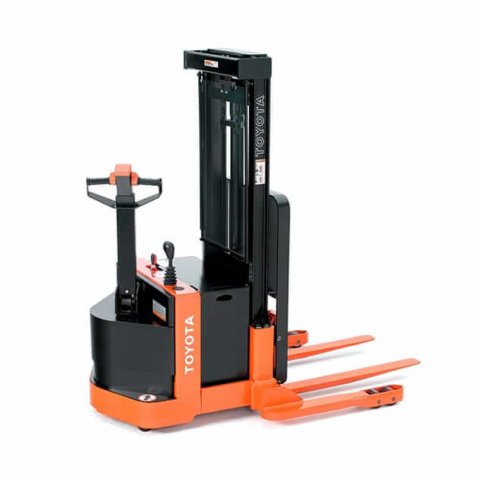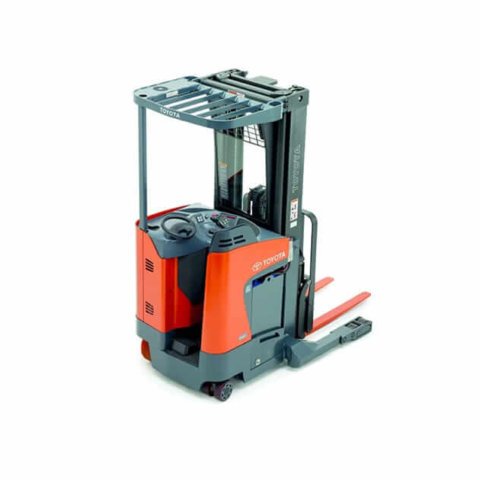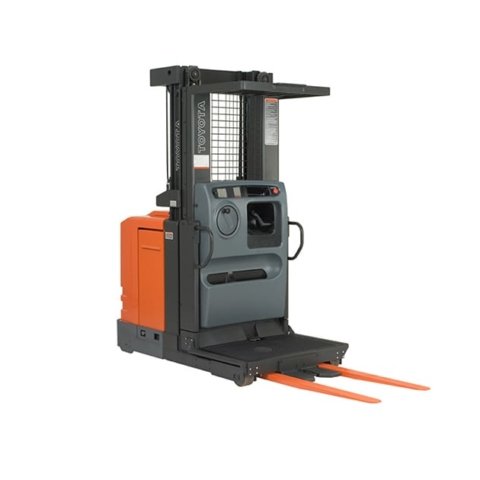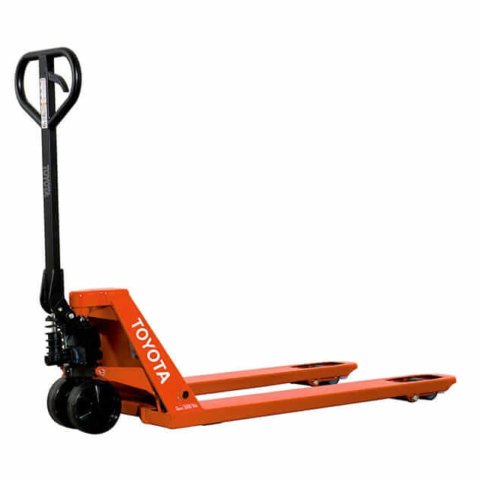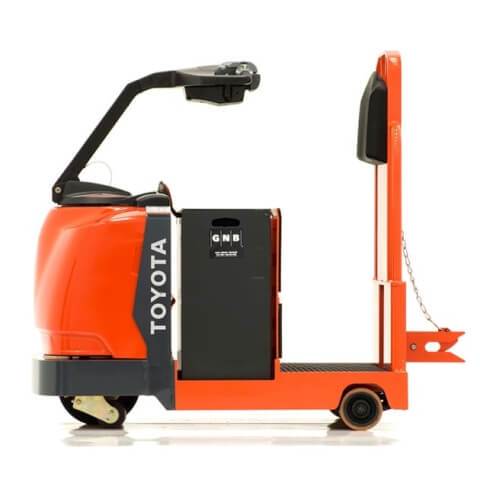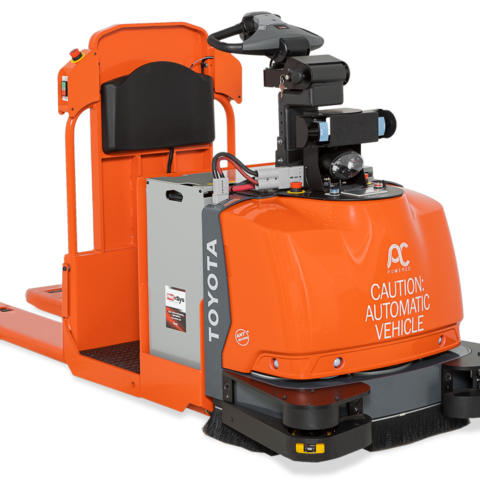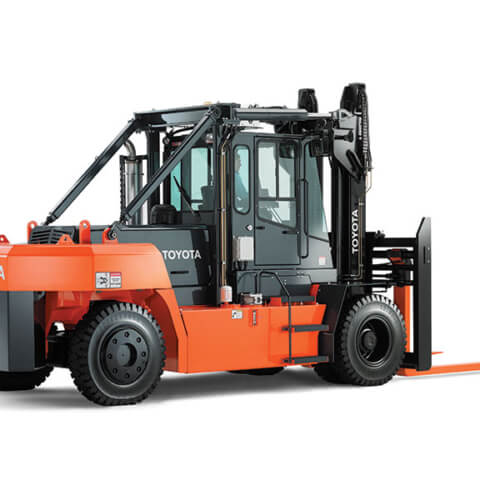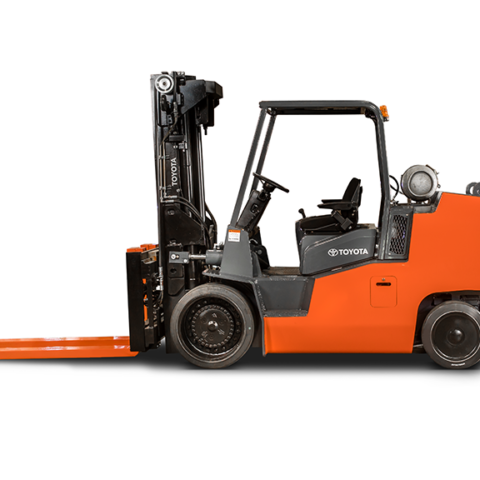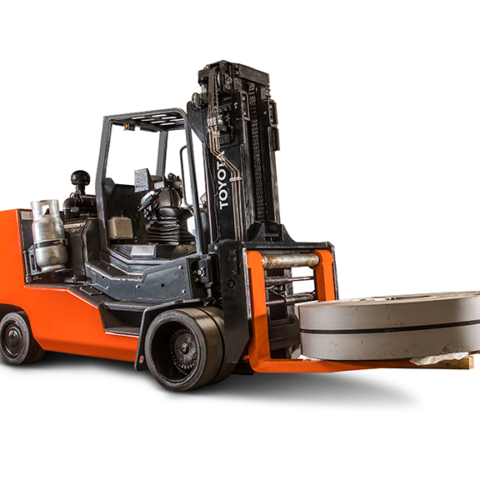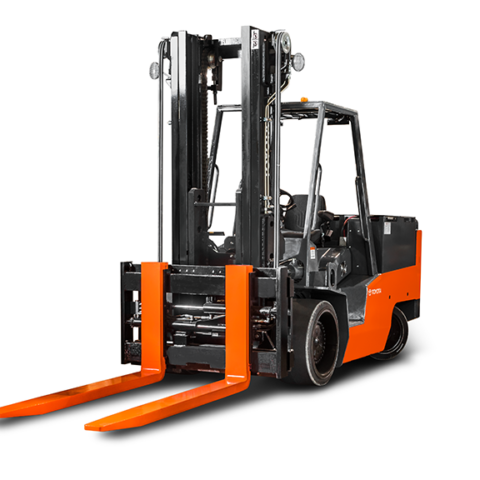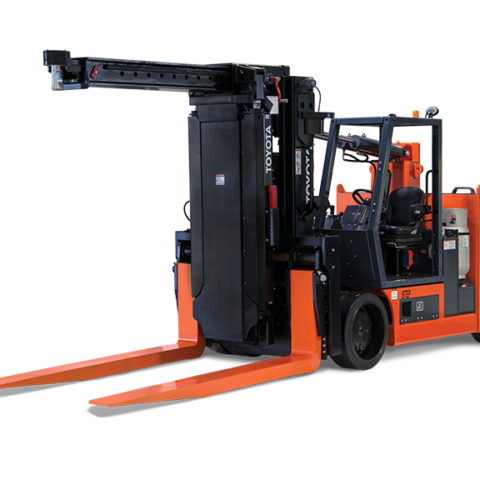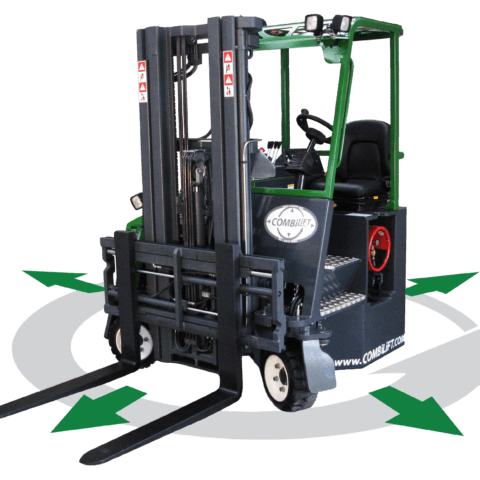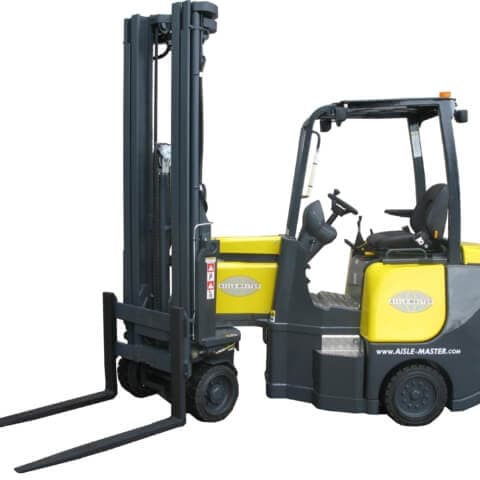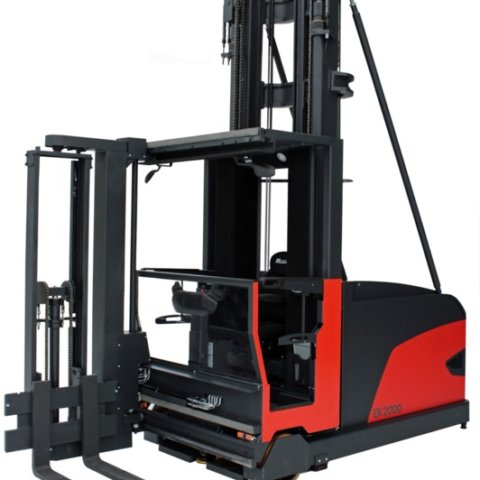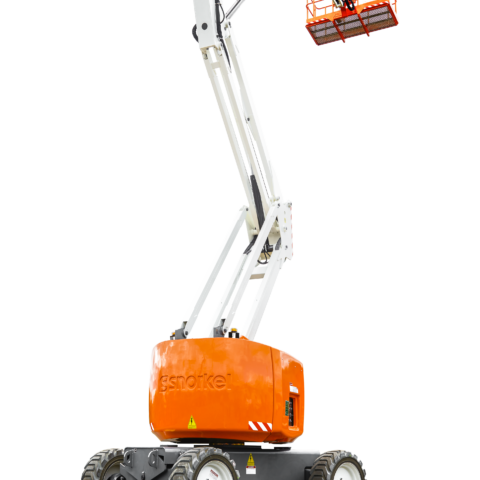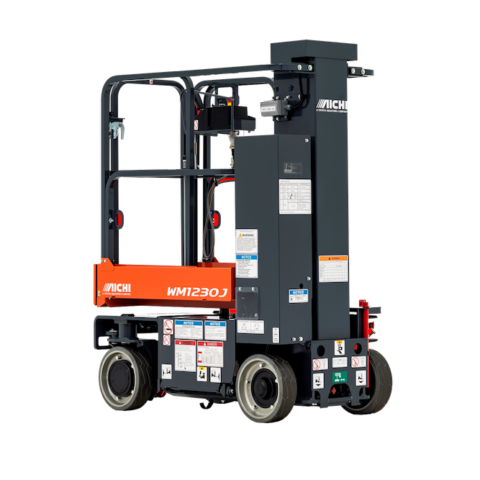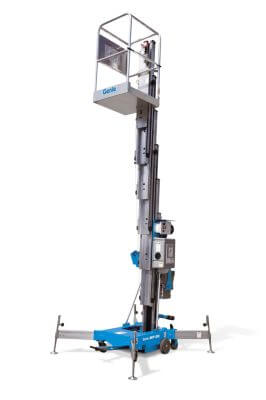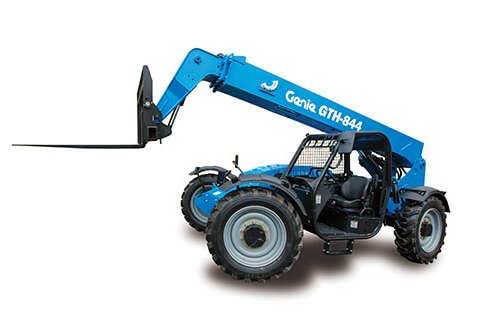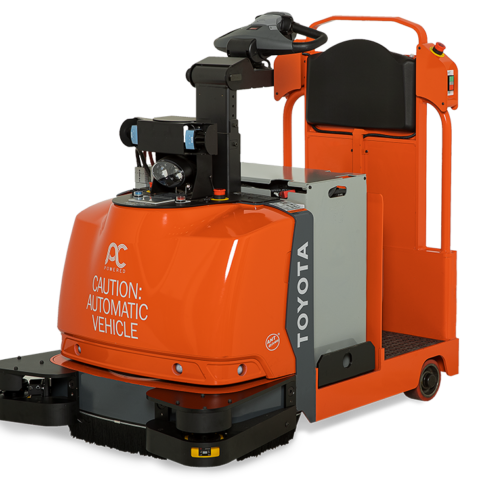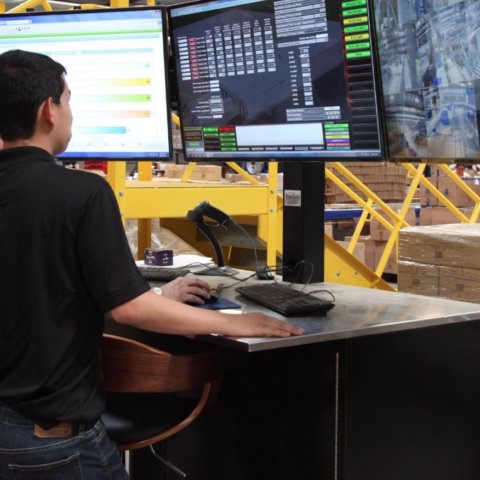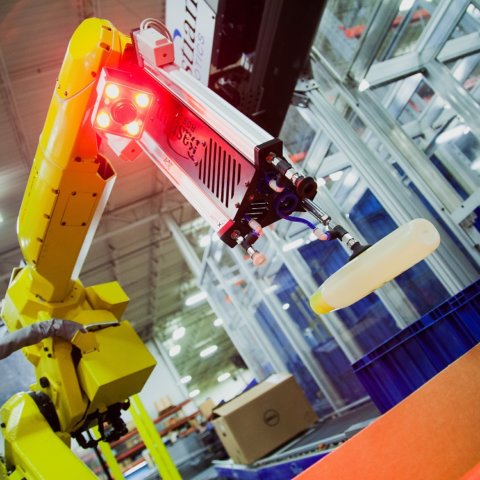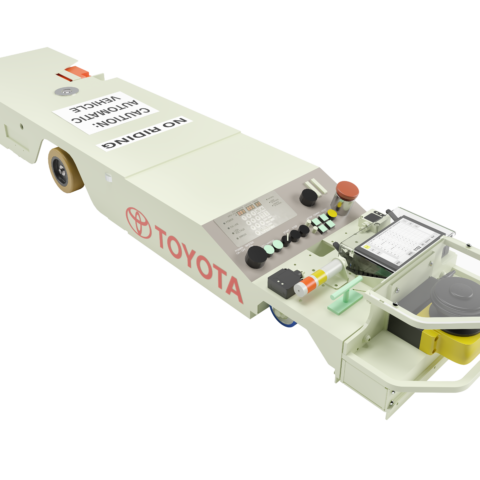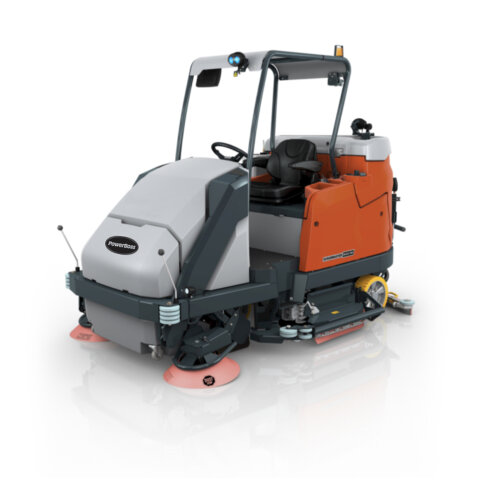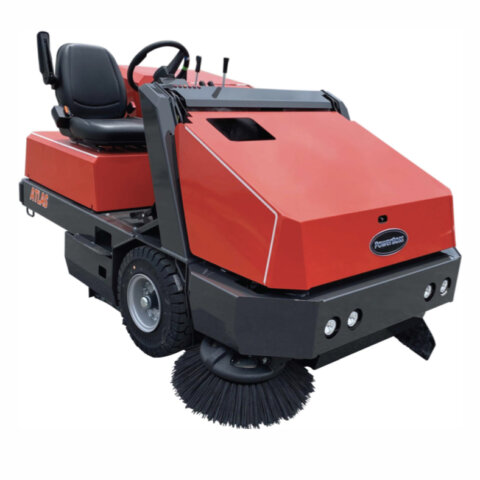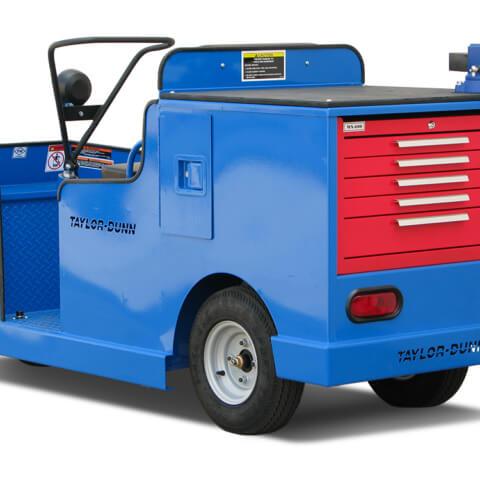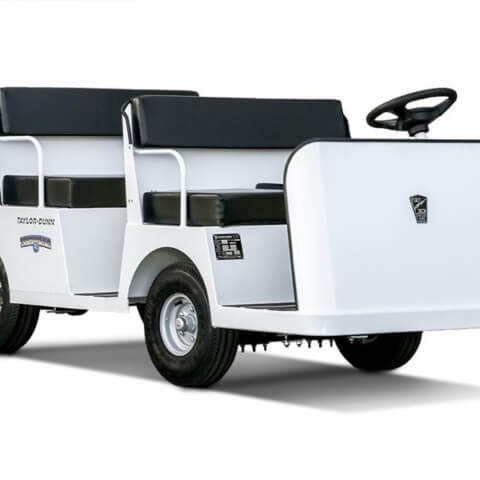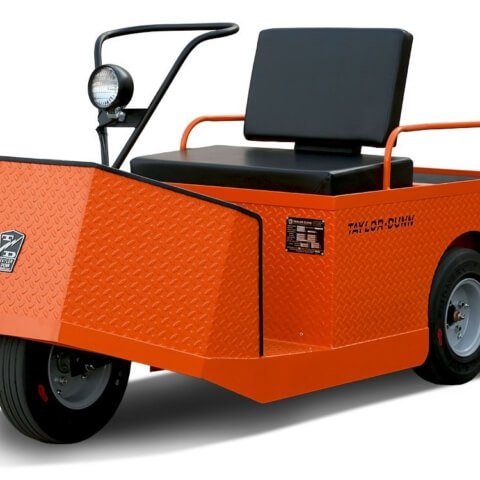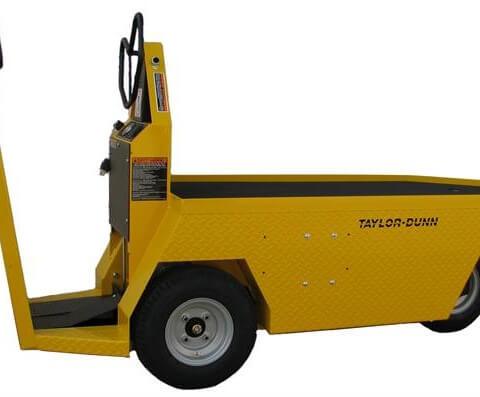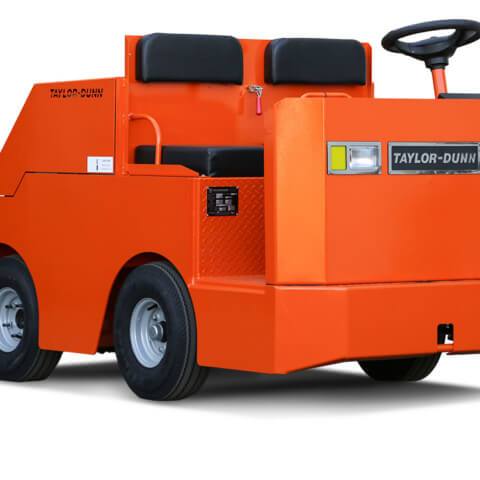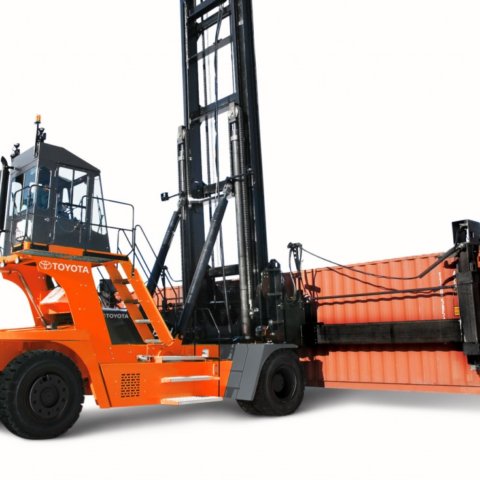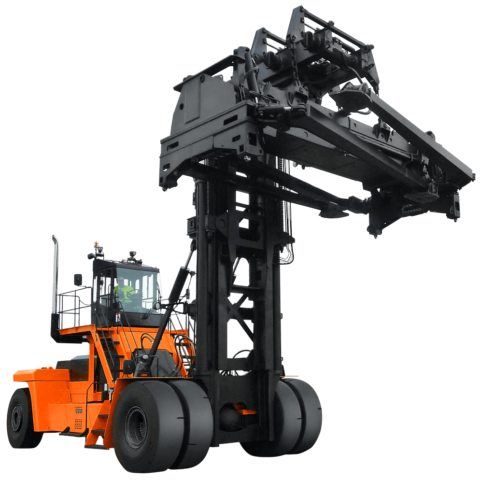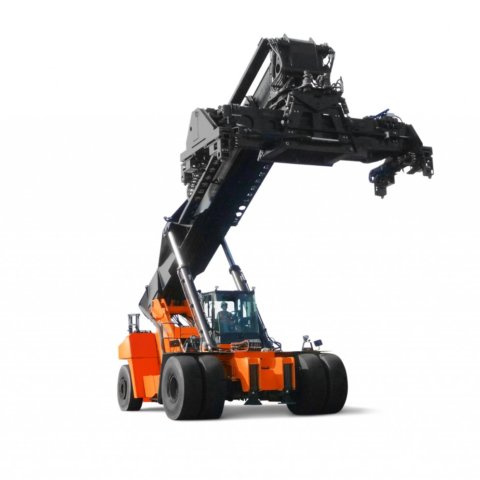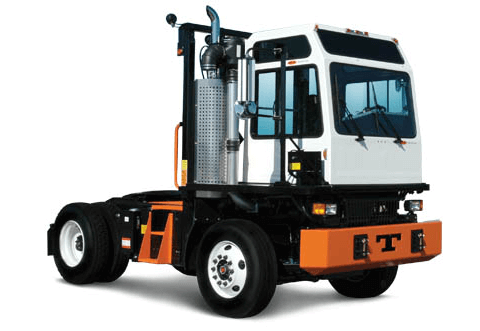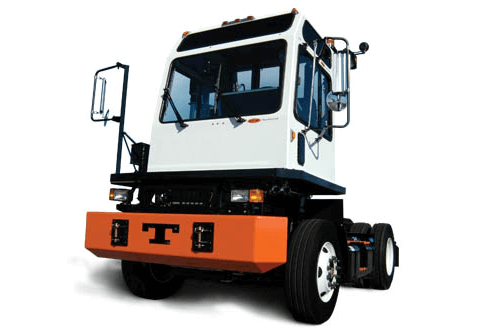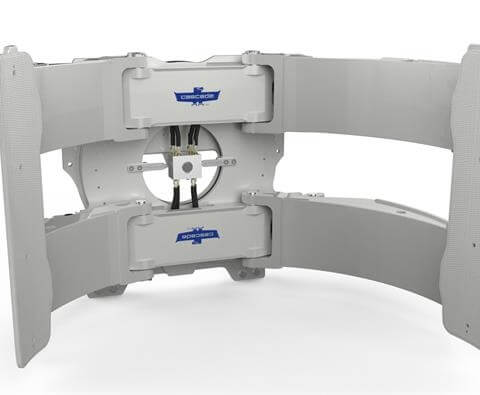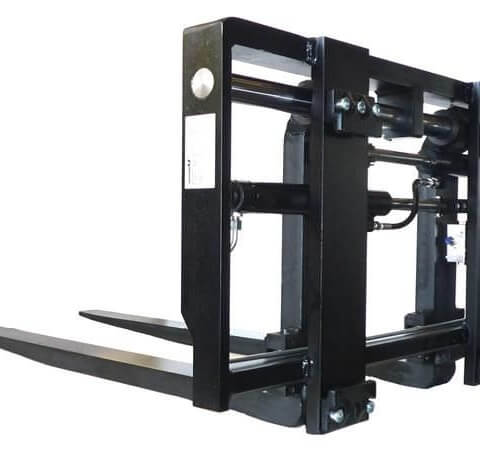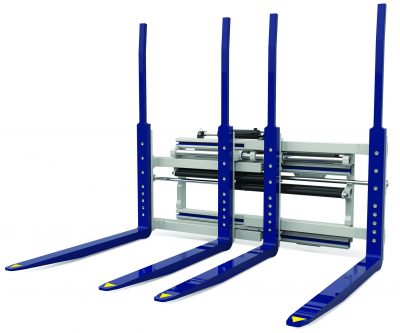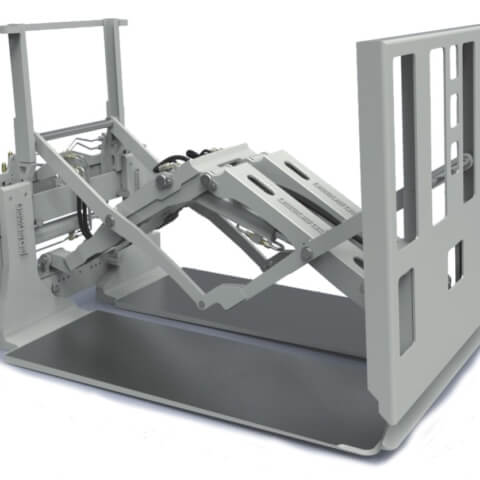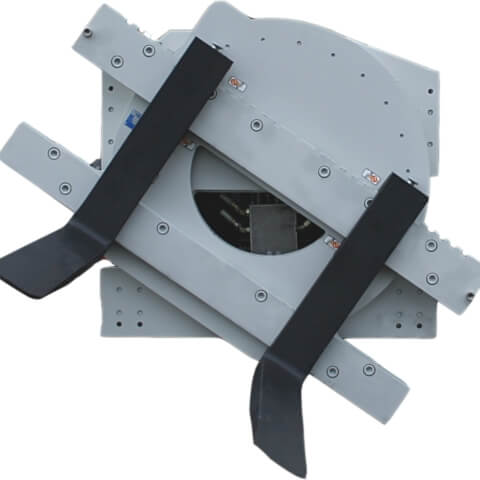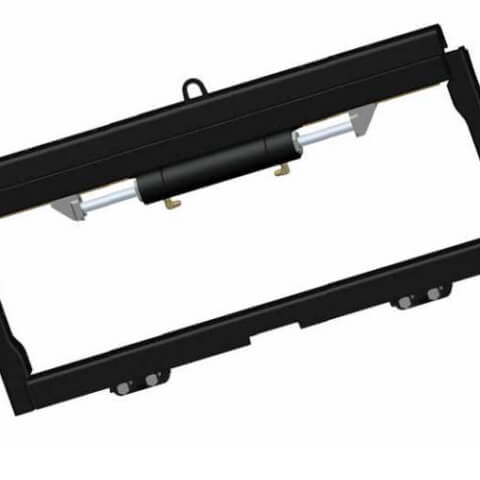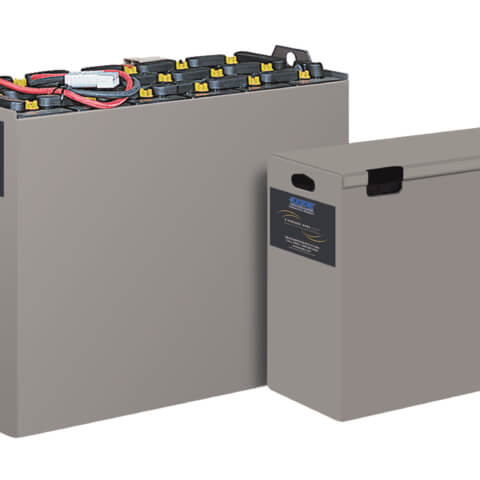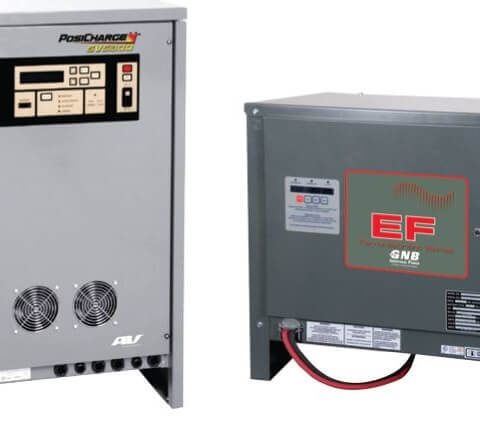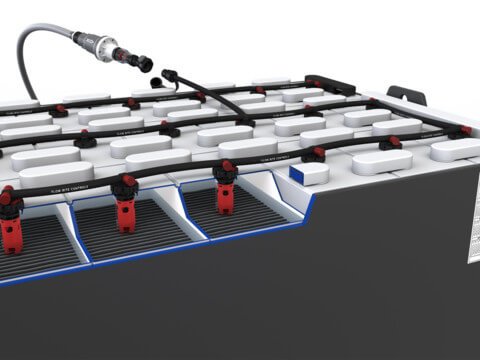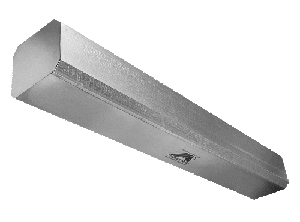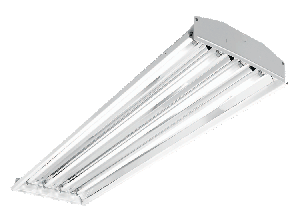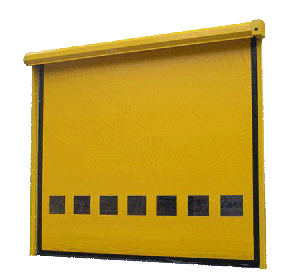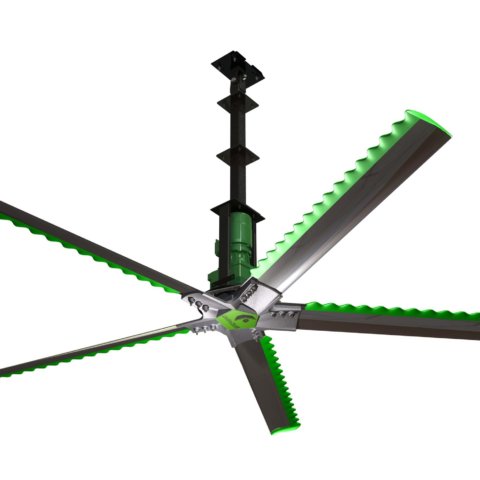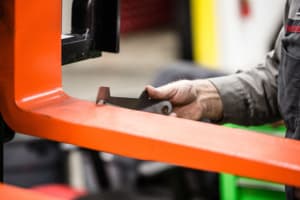
Are your forks worn thin? Contact ProLift for pricing on forks and fork extensions! REQUEST QUOTE
The forks on a forklift have a limited life span. Inspecting forks daily can ensure safer operation and should concentrate on 3 areas: fork hooks, heels and tips.
Fork Hooks
Hooks are vital welds on a forklift because they are the main source for lifting and carrying product. If a hook on a fork fails, an elevated load can fall and the forklift may tip-over. Before the start of each shift, operators and technicians should inspect each fork on both sides of the hook for cracked welds and separation from the fork upright shank.
Fork Heels
Fork heels should be visually inspected each day for cracks. When a load is applied, the forks flex and microscopic cracks are produced in the metal. Over time the metal fatigues and the cracks become larger.
Heel thickness is decreased when the heel of a fork is dragged on the floor, especially on rough surfaces such as concrete or blacktop. The heel thickness can be measured with a fork caliper and compared to the fork upright shank thickness. The mast chains and tire wear should also be inspected. If either of these components is worn beyond their useful life, forks might drag.
Fork Tips
Damaged fork tips can cause operator frustration due to loads not properly engaging and disengaging. Fork tips are subject to damage if they are abused to nudge loads into position or hit walls and posts. Fork tips should also be measured with a fork caliper. Per ANSI the tip height of deflection in a set of forks cannot exceed 3% of the length of the blade. A 42″ fork set has approximately 1″ tip height difference allowed before repair or replacement is required.
The described inspections are daily visual inspections and are applicable to most fork designs; however, forks can be application specific and require different inspection points and standards. More detailed inspections are required by ANSI standards on an annual basis.
Time to replace your forks? Contact ProLift to speak to a consultant or learn more about our parts capabilities.

